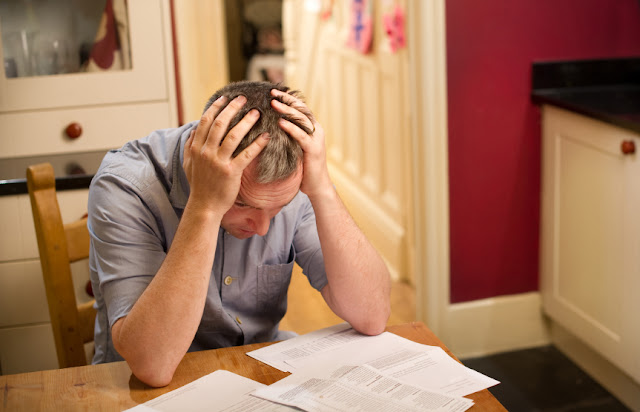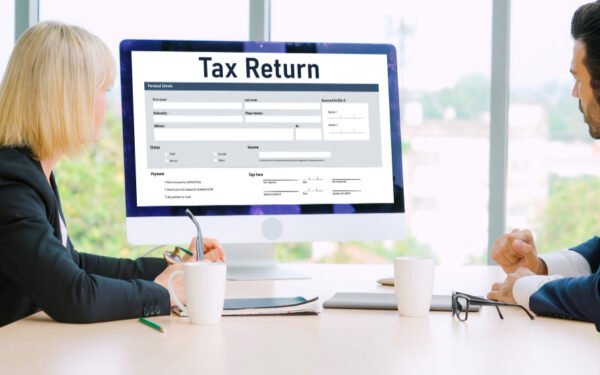Deciding Whether to Invest or Pay Debt
Are you an investor? If you are, and you know what to do, you’re probably faced with a question: should you use the money you have to pay off your debts or invest it for a chance at more money? There is a very fine balance to be struck here. According to financial professionals, you can easily pay off your debt in full. You will, however, be left with no savings to retire on. On the other hand, if you put all your money into investments your debts might increase to the point of bankruptcy. When deciding which you should do, you have to carefully consider all your options.
Think About Cost vs. Return
One of the most important things to do when making this decision is to crunch those numbers. Consider the cost of your debt after taxes against the return on your investment after taxes. This is easy enough to do if you have experience in investing. Consider your current debt and its interest rate. Only use the interest rate adjusted for taxes and claims from the IRS. Now compare this to your investment portfolio. Is the return on your investments, after taxes, higher than the cost of your debt for that time period? If it is, you could be justified in investing more, as the money you make back could be put towards paying off your debt and having some leftover too.
Consider How Much Risk You Are in
Your risk should play a huge role in determining whether or not you invest. Risks include age, income type, tax bracket, and more. Younger investors with more earning options are able to tolerate more risk. This means that you can invest a little more aggressively without worrying about risks. However, if you have other costs and less income, you need to be more careful. For example, if you’re an elderly person you will have higher costs for healthcare than a younger person.
Have a Cushion to Fall Into
When starting to invest, you shouldn’t do so if you have no backup cash. Always have savings to fall back on if your investments don’t come through for you. A good ratio to have is about 25% of your income saved up for emergency purposes. This can be a rainy day fund that you can call upon if you really need it to pay off your debt. You should also reduce how much you use your credit card during this time. Credit card debt can kill your other debts because of how high the interest is. If you’re investing in other ventures, having a credit card to add to your debt during this time is a bad idea. Take the time to cancel your credit card and reduce spending in other ways.
With the right type of consideration given to your risks and your rewards, you can make better choices. Your decisions should consider everyone else involved in them. This includes your family and friends. With all this in mind, decide if investing while in debt is right for you.



